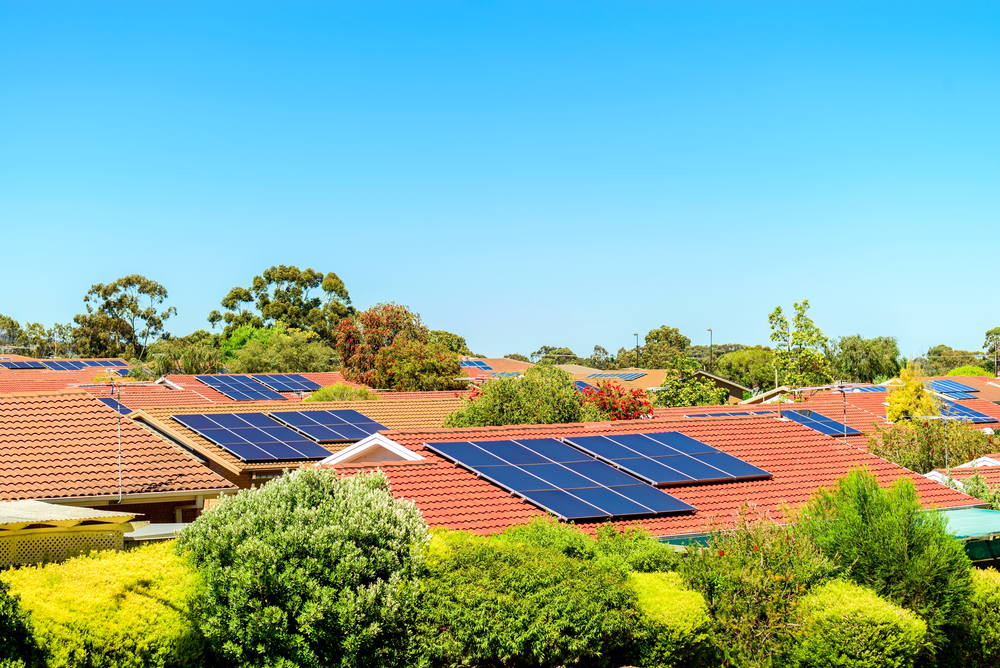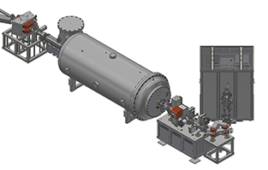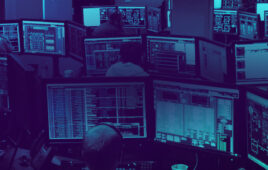
Neighbors are coming together with the common goal of saving money on electricity bills.
Researchers from the University of Huddersfield in the U.K., have developed new technologies that could enable properties to share solar energy rather than exporting surplus electricity to the national grid.
Mahmoud Dhimish, a Ph.D., student at the University of Huddersfield, led the team in developing the solar panel or photovoltaic system.
“Currently, individual consumers generate electricity from their PV installations and if they are unable to use it, they export it to the network,” Dhimish said in a statement. “PV outputs vary unpredictably—as do the electricity demands of each consumer—so supply and demand is difficult to match.”
Under the new technology, homeowners could also monitor and maintain the efficiency of their panels because of the fault detection in the new system.
Dhimish developed a new algorithm that could enable the rapid detection of faults in PV installations, while also studying the impact of micro-cracks in the performance of solar panels.
Under the proposal, a form of energy storage would be shared by connected houses and homeowners would be able to monitor and manage their electricity demands with the Cloud.
There are an estimated 1.5 million homes in the U.K. equipped with solar panels, with some estimates putting the figure at 10 million by 2020.
There are several options for community solar sharing including group purchasing, which allows a large number of properties to purchase individual solar systems at bulk rates, green power arrangements that allow a customer to purchase electricity sources from renewable energy generation plants and online solar interment platforms that allow consumers to invest into new solar power system installations.
Other companies are focusing on software advancements to enable solar sharing.
LO3 Energy, a Brooklyn-based company, has tapped into blockchain software—a peer-to-peer network that facilitates secure online transactions.
“In the world of finance, blockchain technology is rapidly advancing across many sectors but in the energy market, things are comparatively different,” Lawrence Orsini, founder of LO3 Energy, said in a statement. “With our microgrid solution in Brooklyn, we’ll demonstrate just the beginning of what blockchain can do in the transactive energy world.”
Blockchain technology could allow companies to store energy as a way to create virtual power plants by aggregating distributed resources.
The company conducted preliminary tests for peer-to-peer transactions between neighbors in 2016.
They also expanded their peer-to-peer network to Australia.
The new technologies will allow for smaller and smaller participants to transact energy in retail and wholesale markets.




